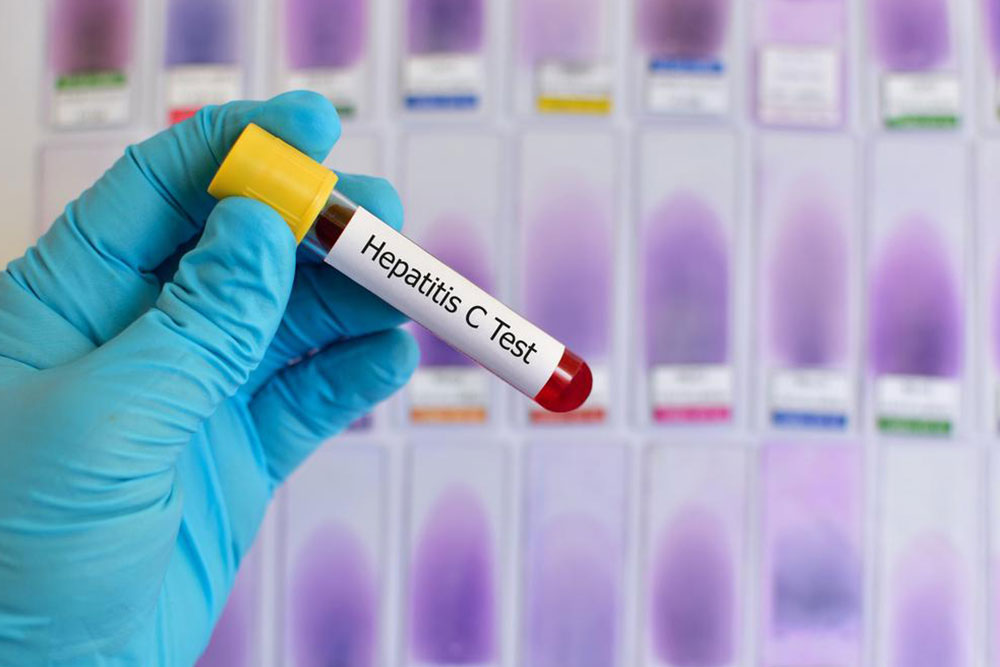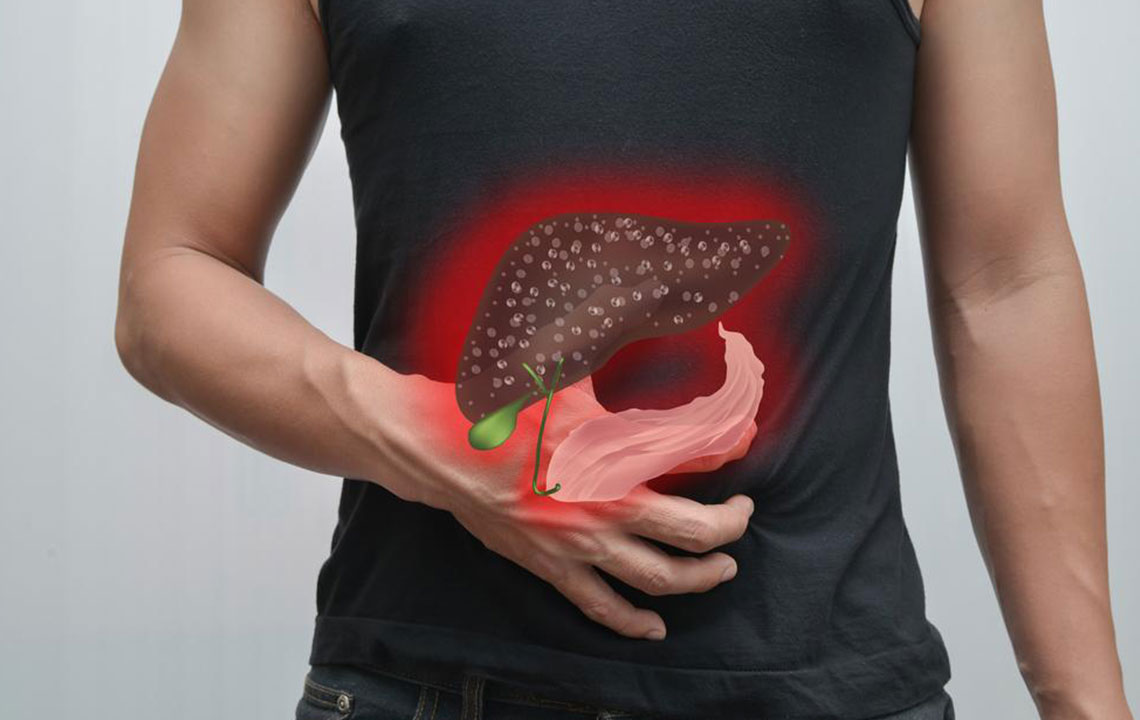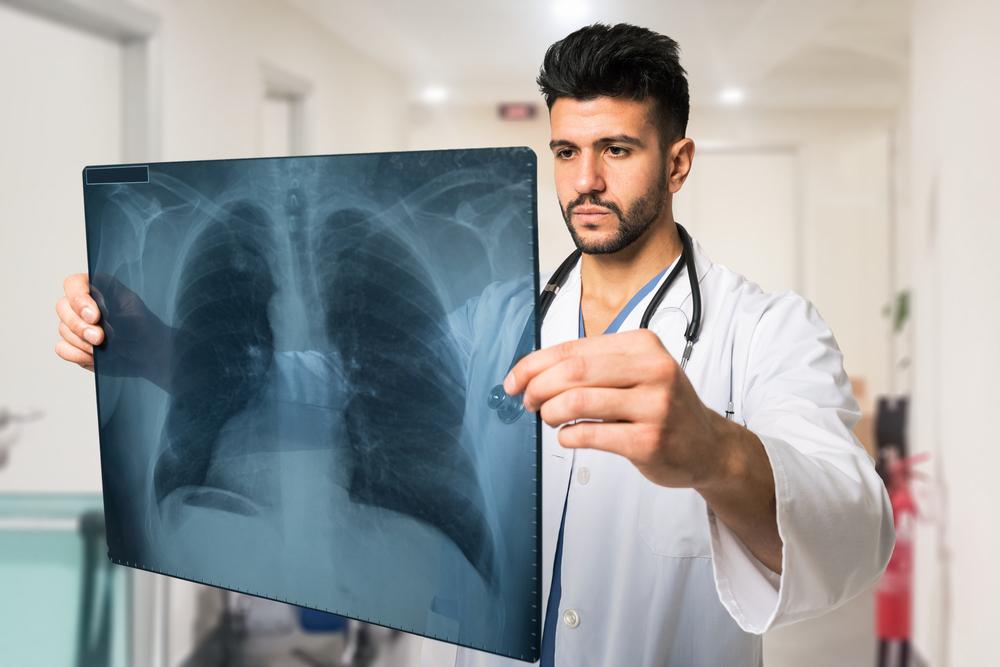Early Warning Signs and Detection of Hepatitis C
Hepatitis C often remains silent in its early stages, mimicking common illnesses and leading to delayed diagnosis. Early symptom recognition combined with blood testing is vital for timely intervention. This article covers the signs, progression, and importance of screening, especially among high-risk groups. Preventing severe liver damage through prompt diagnosis can significantly improve health outcomes and avoid invasive procedures like liver transplants.

Early Signs and Detection of Hepatitis C
Hepatitis C often goes unnoticed in its initial stage because symptoms are subtle and resemble common illnesses. It affects the liver and immune system, with symptoms that can be mistaken for flu, jaundice, or digestive issues. Many individuals ignore these early signs, only discovering the infection after significant liver damage occurs. Because of its stealthy nature, Hepatitis C is known as the "silent disease." Recognizing early warning signs and timely testing are key to preventing severe liver complications.
Symptoms can sometimes resolve independently or persist, progressing to acute or chronic hepatitis C.
The initial phase, acute hepatitis C, lasts up to six months, with symptoms including body aches, fatigue, upper abdominal pain, nausea, vomiting, mild fever, and loss of appetite. Symptoms typically emerge within three months and may last two to twelve weeks. More severe signs include jaundice, dark urine, light stool, and diarrhea. If untreated, the infection can develop into chronic hepatitis C in 75-85% of cases, requiring medical treatment to eradicate the virus.
Without proper diagnosis and treatment, Hepatitis C can remain dormant for decades, leading to severe liver conditions like cirrhosis. In advanced cases, a liver transplant might be necessary. Since symptoms alone are unreliable for diagnosis, blood tests are crucial. Individuals born between 1945 and 1965 should get screened once, as they have higher infection rates. If symptoms are present or infection is suspected, seek medical advice promptly for testing and care.


